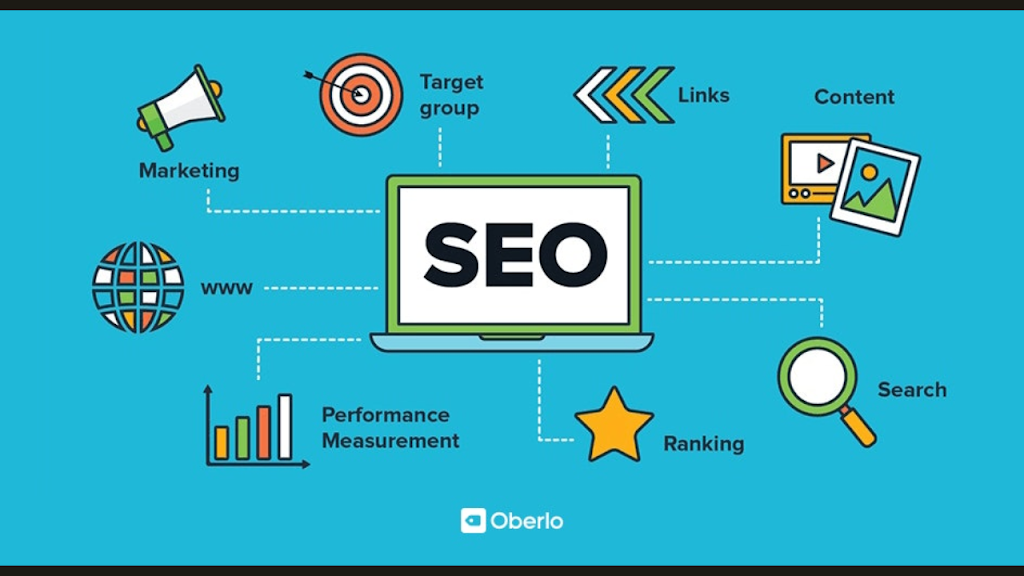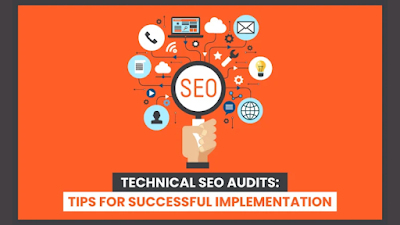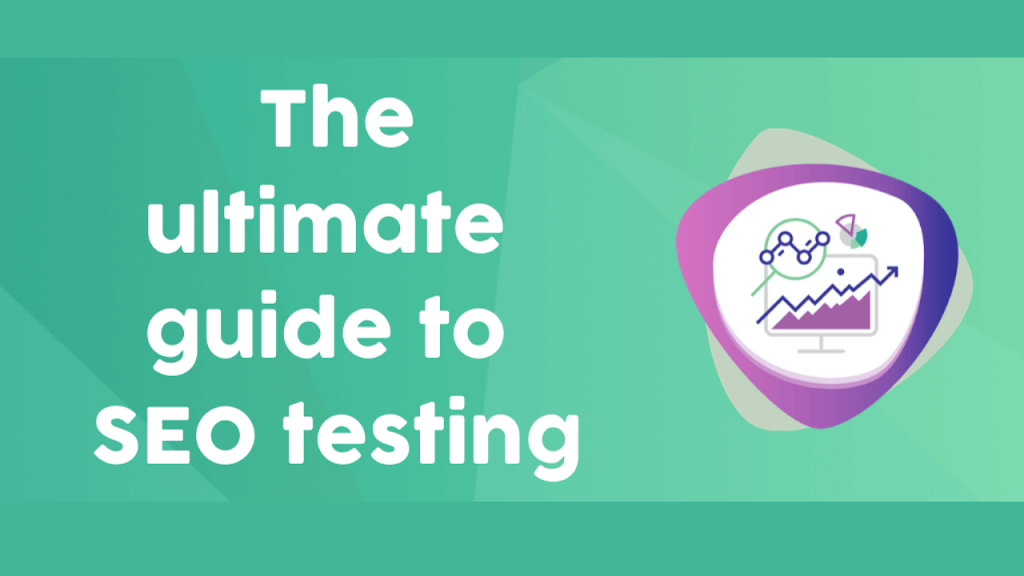Beginner’s Guide to SEO: Unlocking the Secrets of Search Engine Optimization
Navigating the World of SEO
In the vast expanse of the internet, where countless websites vie for attention, Search Engine Optimization (SEO) stands as a beacon of hope for businesses seeking to enhance their online visibility.
Whether you’re a digital marketing enthusiast or a newcomer to the field, understanding the basics of SEO is crucial for navigating the ever-evolving landscape of online search.
In this comprehensive beginner’s guide to SEO, we’ll embark on a journey to unravel the mysteries of SEO, equipping you with the knowledge and tools to elevate your website’s ranking and attract organic traffic.
Beginner’s Guide to SEO:
1. Understanding SEO: The Basics
SEO serves as the guiding force behind how search engines interpret and rank web pages. At its core, SEO encompasses a set of strategies and techniques designed to optimize a website’s visibility on search engine results pages (SERPs).
By adhering to SEO best practices, businesses can increase their chances of appearing prominently in search results, thereby attracting more organic traffic and potential customers.
2. Keyword Research: The Foundation of SEO
Keyword research forms the bedrock of any successful SEO strategy. By identifying and targeting the right keywords relevant to your business or niche, you can effectively position your website to rank higher in search results.
Utilizing keyword research tools, you can uncover valuable insights into search volume, competition, and user intent, allowing you to tailor your content to meet the needs of your target audience effectively.
3. On-Page SEO: Optimizing Your Website for Search Engines
On-page SEO focuses on optimizing individual web pages to improve their visibility and relevance to search engines. This involves optimizing various on-page elements such as meta titles, descriptions, headers, and content.
By crafting high-quality, keyword-rich content that addresses user queries and provides valuable information, you can enhance your website’s chances of ranking well in search results.
4. Off-Page SEO: Building Authority and Backlinks
Off-page SEO involves activities undertaken outside of your website to enhance its authority and credibility in the eyes of search engines. Key elements of off-page SEO include link building, social media engagement, and online reputation management.
By acquiring high-quality backlinks from reputable websites and fostering a strong presence on social media platforms, you can improve your website’s authority and increase its chances of ranking higher in search results.
5. Technical SEO: Enhancing Website Performance
Technical SEO focuses on optimizing the technical aspects of your website to improve its performance and user experience. This includes optimizing site speed, ensuring mobile-friendliness, and implementing schema markup.
By addressing technical issues such as crawlability, indexing, and site structure, you can ensure that search engine crawlers can effectively access and interpret your website’s content, ultimately leading to improved rankings and visibility.
6. Measuring Success: Tracking and Analyzing SEO Performance
Measuring the success of your SEO efforts is essential for evaluating performance and identifying areas for improvement. Utilizing tools such as Google Analytics and Google Search Console, you can track key metrics such as keyword rankings, organic traffic, and conversion rates.
By analyzing these metrics and gaining insights into user behavior, you can refine your SEO strategy and optimize your website for better performance in the long run.
7. Common SEO Mistakes to Avoid
Finally, it’s crucial to be aware of common SEO pitfalls and mistakes that can hinder your efforts.
Avoiding black hat SEO techniques, such as keyword stuffing and link manipulation, is essential for maintaining the integrity of your website and avoiding penalties from search engines.
Additionally, staying informed about algorithm updates and industry trends can help you stay ahead of the curve and adapt your SEO strategy accordingly.
Conclusion: Embarking on Your SEO Journey
Armed with the knowledge and insights gained from this beginner’s guide to SEO, you’re well-equipped to embark on your journey towards optimizing your website for search engines.
Remember, SEO is not a one-time endeavor but an ongoing process that requires dedication, patience, and continuous learning. By implementing best practices, staying updated with industry trends, and monitoring your SEO performance, you can elevate your website’s visibility, attract organic traffic, and achieve your digital marketing goals.
So, dive in, explore the world of SEO, and unlock the full potential of your online presence.








Leave a Reply